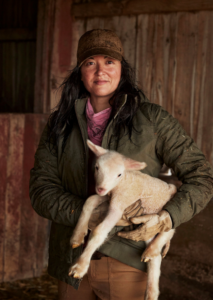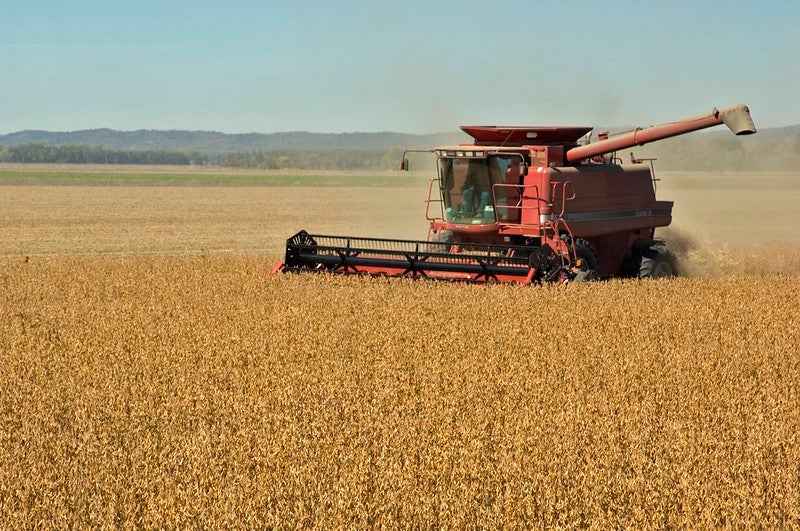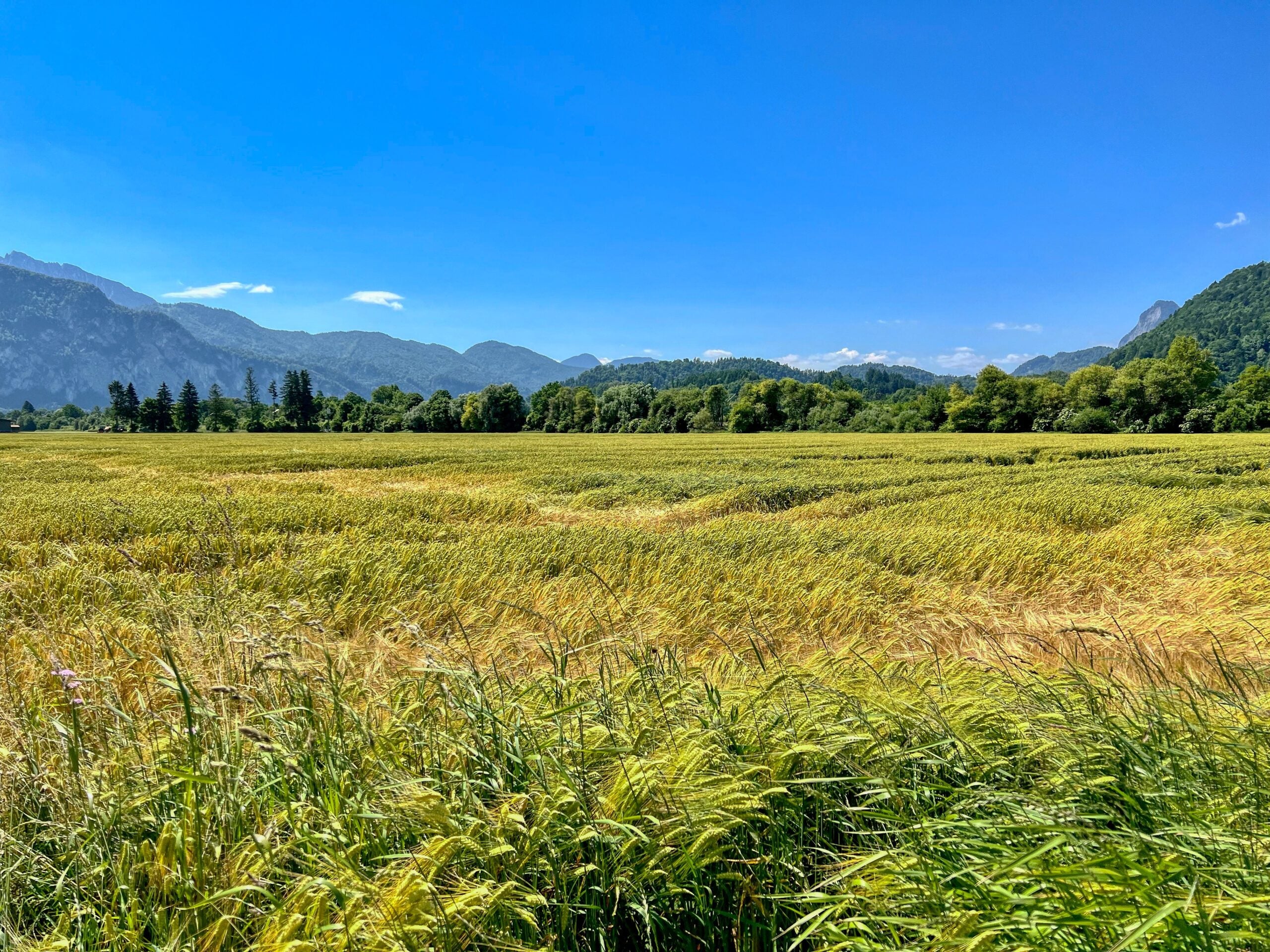
How a producer-led movement to diversify food production can strengthen global food supply
As the world faces growing climate impacts and shocks, the need for a more sustainable and resilient food system has never been more urgent. Last year, the Kansas wheat harvest, known as a bellwether for global agriculture, hit a 60-year low due to severe drought. Record-breaking floods decimated European harvests in the same year.
Climate-driven impacts, such as prolonged droughts, severe floods and unprecedented temperature shifts are already creating lasting repercussions for global agricultural and fishing communities. This instability affects local communities, jeopardizing livelihoods and food security. One strategy to enhance the resilience of aquatic and terrestrial food systems is food production diversification.

Food production diversification refers to increasing diversity in production — of crops, cultivars, livestock, aquatic species and land-use within and across scales from local to global — as well as throughout the food value chain, from processing, to distribution, to consumption.
There is growing momentum across global institutions, organizations and actors for supporting diversity as critical practice for food production resilience. Leading UN climate researchers and negotiators urged global action to restore and promote diversity of food systems as a strategy for meeting the Sustainable Development Goal of zero hunger and protecting the livelihoods of food-producing communities.
Less clear is the pathway towards operationalizing and appropriately scaling food production diversification, which will require participatory action by producers, communities, businesses and governments. Recognizing that those closest to the challenges are often closest to the solutions, Environmental Defense Fund organized a workshop with over 20 participants from around the world, including traditional and Indigenous producers, large- and small-scale producers, policymakers and scientific and academic experts. Here’s what we learned from them.
Producers see diversification as an opportunity but barriers remain

communities again.” Wendy Johnson, farmer & owner, Jóia Food & Fiber Farm
During the EDF-coordinated World Food Prize workshop in 2023, global stakeholders unpacked barriers and opportunities to food production diversification. Stakeholders distilled valuable insights on how to create a stronger enabling environment to foster more diverse food production for both current and future producers.
For example, Wendy Johnson, farmer and owner of Jóia Food and Fiber Farm in Northeastern Iowa, expressed excitement over the ecosystem services provided by her diversified food enterprise but also described the economic obstacles such as the lack of incentivized economic value that farmers encounter when diversifying their operations.
Tela Troge, attorney and Shinnecock Nation kelp farmer, described the reciprocal relationship of her local kelp business, which supports in combating ocean acidification and improving shellfish health while providing additional local livelihood opportunities.

Arizona University Indigenous Resilience Center
As experts in their local social and ecological systems, food producers are best positioned to understand the systemic barriers hindering diversification. However, producer communities, especially Indigenous groups, communities practicing traditional methods, women and minority populations, are often marginalized from food system decision-making. This is despite many of them possessing critical knowledge about ways to diversify that provide the triple wins of improved nutrition, diversified income streams, and increased ecological health and resilience.
While there is growing momentum for more inclusive decision-making in transforming global food systems, pathways to achieve this, as well as to operationalize food production diversification, have been slow.
Diverse food production requires collaborative action
Participatory processes like the World Food Prize workshop can help build robust and nuanced adaptation practices. EDF aims to continue collaborating with stakeholders to develop resources and tools and inform policy to facilitate community-led and science-based decisions and system transformations — a vital step toward the long-term success and sustainability of adaptation strategies.
Diversifying food systems can enhance resilience for both producers and food production. By focusing collaborative actions on policy, research, markets, and social and cultural aspects, we can promote a global movement led by producers for food production diversification.












